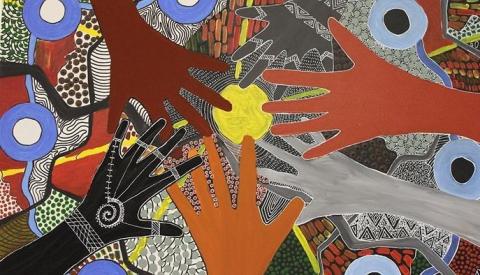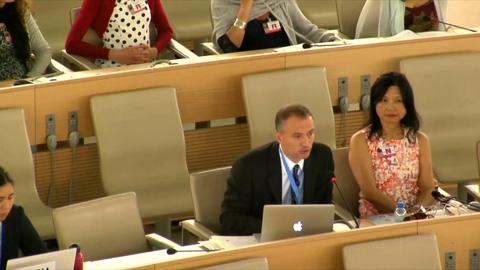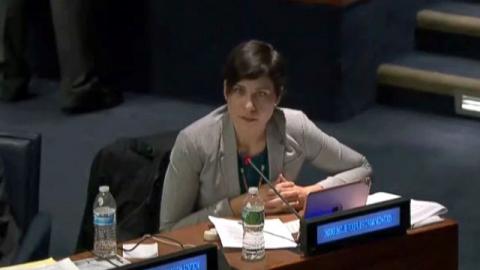Indigenous Peoples’ rights more important now than ever
In a season of reckless threats and racist and misogynistic rhetoric, of xenophobia and border walls, indigenous peoples’ rights are at risk, whether intended targets or not. Right now, the Senate is considering a budget that calls for $1.6 billion for "high-priority tactical infrastructure and border security technology." This border wall that is envisioned by President Trump and U.S. lawmakers would cut across at least half a dozen Native American lands including Yuma, Apache, Yaqui, Pima, Kickapoo and Tohono O’odham.
UN expands monitoring body for Indigenous Human Rights
The 10th session of the Expert Mechanism on the Rights of Indigenous Peoples (EMRIP), which took place July 10-14, 2017, included a discussion of its new mandate and working methods. The expanded mandate is a result of the World Conference on Indigenous Peoples of 2014, which requested the Council review EMRIP with a view to improve its mandate to better serve as an effective implementing and monitoring body for the UN Declaration on the Rights of Indigenous Peoples.
Effort to provide Indigenous Governments permanent place at U.N. stalls
The United Nations will delay any substantive action on their work to enable the participation of indigenous peoples’ representatives and institutions at the UN. After years of discussions among indigenous peoples and member states, and several weeks of states-only negotiations this summer, member states were not able to reach consensus.
In Other News:

Today is the United Nations’ International Day of the World’s Indigenous Peoples, and this year’s theme commemorates the 10th anniversary of the UN Declaration on the Rights of Indigenous Peoples.
To mark the anniversary, the UN launched a campaign to “empower indigenous peoples to share their unique cultures and perspectives in a global conversation” through hashtags and emojis. These are important tools, but the 40-day campaign stands in stark contrast to what is looking like a five-year delay in allowing indigenous peoples a direct voice in the global discussions taking place at the UN – to truly empower indigenous peoples with a seat at the table as governments and a real say in how we address and solve some of the most serious and pressing global challenges of our time. (See the article “Effort to provide Indigenous Governments permanent place at U.N. stalls” in this newsletter.)
It’s disappointing that the UN has not been able to follow through on this commitment it made during the World Conference in on Indigenous Peoples – at least not yet. We’re committed to helping and supporting indigenous peoples around the world to secure a better outcome. We hope you are, too, and that you can support this work with a donation to the Indian Law Resource Center. 



